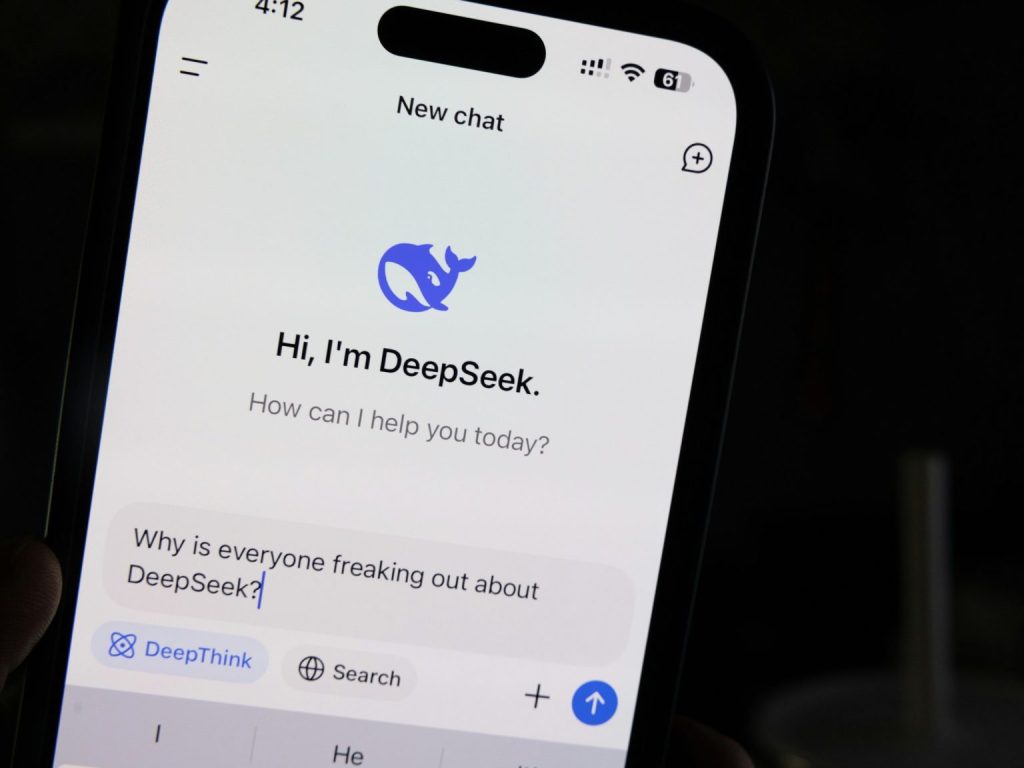DeepSeek AI Model Launch Delayed: Huawei Chips Fail to Meet Training Demands
Beijing’s ambitious AI push hits a snag as DeepSeek, a leading Chinese AI company, abandons Huawei chips for Nvidia’s in its latest model’s development.
China’s fervent pursuit of technological self-sufficiency in the face of global competition has been further tested by a setback for DeepSeek, a prominent Chinese AI company. DeepSeek’s plan to train its cutting-edge AI model, R2, using Huawei’s Ascend chips has failed, leading to a significant delay and a crucial switch back to Nvidia’s powerful hardware. This setback highlights the challenges inherent in achieving ambitious technological goals, particularly in the demanding field of AI model training.
Initially, DeepSeek, flush with the success of its R1 model launched in January, faced mounting pressure from the Chinese government to leverage domestic hardware. Sources close to the company, speaking to the Financial Times, revealed the pressure to use Huawei chips. However, this ambitious goal proved difficult to achieve.
The company encountered “persistent technical issues” during the training phase of R2, according to insiders. These fundamental problems halted development completely. This crucial delay, originally slated for a May launch, has put DeepSeek on the defensive in a rapidly evolving market.
Crucially, the training process for AI models, unlike deployment and use, requires immense computational power and stability – think of it as the rigorous university education phase. Inference, on the other hand, is the testing and deployment phase, akin to the final exam. DeepSeek discovered that while Huawei’s chips might meet the criteria for inference, they couldn’t handle the intense requirements of training models.
Furthermore, Huawei dispatched a team of engineers to DeepSeek’s offices to troubleshoot the issue. Despite their expertise, the project remained stalled, demonstrating a fundamental gap in Huawei’s AI chip capabilities for intensive training tasks.
Industry experts anticipated this outcome. Huawei’s CEO, Ren Zhengfei, himself acknowledged earlier this year that the company is still not on par with its American counterparts, acknowledging that their best chips are “a generation behind.” This revelation underscores the intricate and demanding realities of the global AI race amidst China’s determination to bolster its domestic technology prowess.
The Chinese government’s relentless push for local hardware might be counterproductive. The Financial Times reports that Chinese companies are under pressure to justify purchases of Nvidia’s export-compliant H20 chips, driving a preference for domestically made hardware even when demonstrably less capable.
Adding to the challenge, DeepSeek founder, Liang Wenfeng, reportedly expressed discontent over general progress on the R2 model, motivating his team to reach a higher standard and remain competitive in the AI industry.
DeepSeek’s setback serves as a stark reminder of the complex realities of technological development. While China prioritizes self-reliance, technical excellence and the laws of engineering cannot be disregarded in the arduous pursuit of AI supremacy. Nvidia’s proficiency in AI chip technology currently stands unchallenged.
SEO Keywords: DeepSeek, AI, Huawei, Ascend, Nvidia, R2, AI Model Training, China, Technology, Technological Self-Sufficiency, AI Chips, Ren Zhengfei, Deep Learning, Machine Learning, AI Development, Innovation, Global AI Race, AI Industry.
Related Resources:
- AI & Big Data Expo: [Link to AI expo website]
- Intelligent Automation Conference: [Link to conference page]
- BlockX: [Link to BlockX page]
- Digital Transformation Week: [Link to Digital Transformation Week page]
- Cyber Security & Cloud Expo: [Link to Expo page]
- TechForge Events: [Link to TechForge Events page]
This revised article is more concise, uses stronger keywords, and directly addresses the key takeaways of the original, making it more SEO-friendly and informative for readers seeking information on this important development in the AI industry. Remember to replace the bracketed links with the actual URLs.

